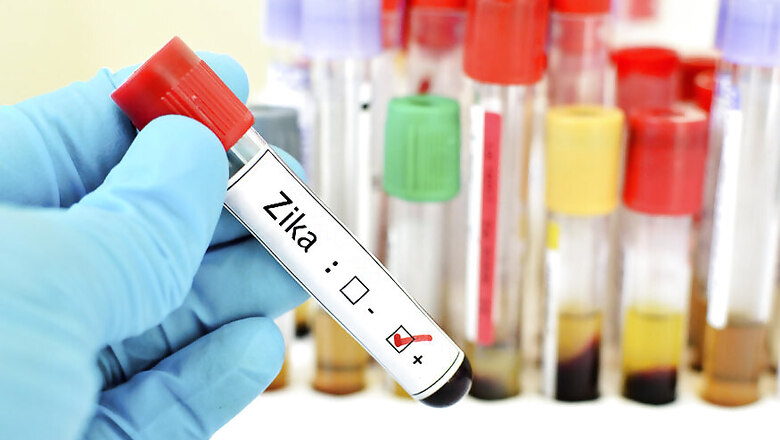
views
Zika fever is a mosquito-borne disease which typically causes asymptomatic or mild infection (fever and rash) in humans. Zika virus is transmitted to people primarily through the bite of an infected Aedes species mosquito. This is the same mosquito that transmits dengue, chikungunya and yellow fever.
Zika virus infection during pregnancy can cause infants to be born with microcephaly and other congenital malformations, known as congenital Zika syndrome. Microcephaly is a condition where a fetus has an abnormally small head which leads to brain damage. Infection with Zika virus is also associated with other complications of pregnancy including preterm birth and miscarriage.
Batavia Biosciences, a clinical research company, has signed a license agreement to utilise Horizon Discovery’s GS knockout CHO K1 cell line expression system for the development of high yield antibody-expressing cell lines.
Initially, Batavia will deploy the system for production of a potent Zika virus-neutralizing antibody. This project will be worked out in collaboration with
Vanderbilt University Medical Center (VUMC) and IDBiologics, a company which focuses on developing human antibodies to infectious diseases.
On coming together for the project, director of the Vanderbilt Vaccine Center, James Crowe Jr, MD, said, “We’re excited to work with Batavia to move this promising Zika antibody therapy one step closer to the clinic.”
The antibody which neutralizes Zika virus was discovered three years ago by VUMC researchers in collaboration with colleagues at Washington University School of Medicine in St Louis. This antibody, dubbed as ZIKV-117, binds to an epitope or “part of” the Zika virus in a way that no other antibody has to date.
Robert Carnahan, Ph.D., Director of Vanderbilt Antibody and Protein Resource said that it is expensive to develop high yield antibody producer CHO lines. “That is why this new solution is so important to the anti-Zika antibody project,” he added.
Outbreaks of Zika virus disease have been recorded in Africa, the Americas, Asia and the Pacific. From the 1960s to 1980s, rare sporadic cases of human infections were found across Africa and Asia, typically accompanied by mild illness. The first recorded outbreak of Zika virus disease was reported from the Island of Yap (Federated States of Micronesia) in 2007. This was followed by a large outbreak of Zika virus infection in French Polynesia in 2013 and other countries and territories in the Pacific.


















Comments
0 comment